Emotional Availability
Part of the original process of suppressing my feelings was the creation of a kind of mélange in which feelings, emotions, beliefs, and interpretations were all mixed up together, leading to confusion, or zero emotional visibility, to borrow a phrase from meteorology.
„I feel neglected“ is not a feeling. It is a belief that we hold. „You are disrespecting me“ is an interpretation. „She’s plain evil“ is a judgement. „You make my life miserable“ is an accusation. „I feel deeply sad“ is, indeed, the expression of a feeling. To make matters even more complicated, the boundaries between me and the other (Mother, Father, sibling, etc.) became fuzzy, so I couldn’t be really sure if that which I was feeling belonged to me or someone else…
State of Grace
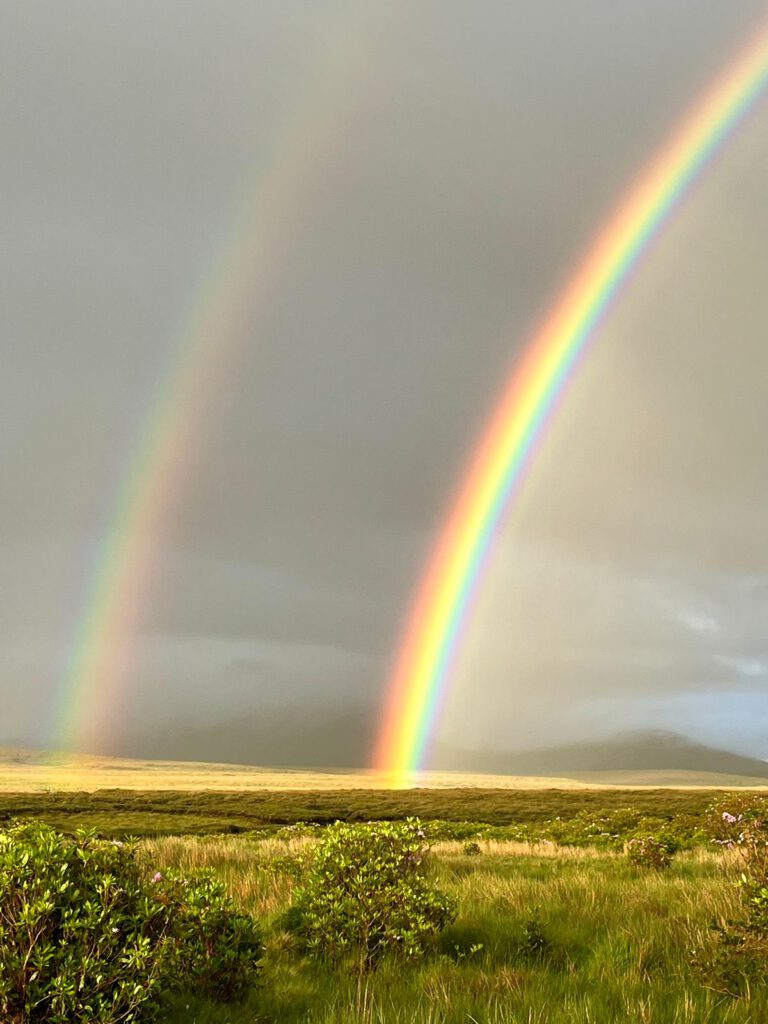
When the guided meditation concluded, we all slowly “came back”, stretching limbs in all directions and blinking our eyes to re-adapted to the artificial room lighting. There were many smiles to be seen on the faces of the small group which had thus gathered in our corner. After a period of silence, a conversation slowly began to unfold on what we had just experienced. We quickly began to explore such topics as connection and alienation. Why is it that, during deep meditation, some of us find our bliss tempered by sadness, even grief. And what about the high degree of sensitivity that some of us manifest? Is high sensitivity simply more than a somatic or emotional manifestation? Is it not primarily spiritual sensitivity?
Generational Grief
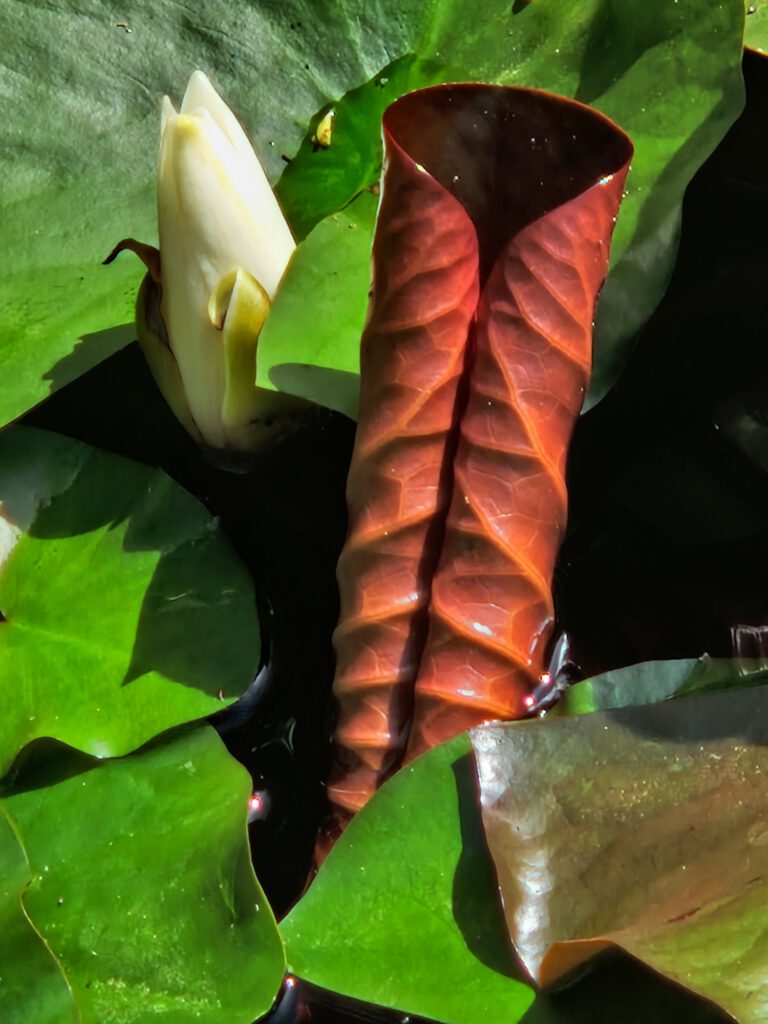
My new friends in AA suggested placing my focus on what was needed in terms of new behaviours in the light of this discovery. The first, of course, was not to take the first drink. Much more was to come later, in the form of a new design for living as described in the Big Book of AA and summarised in the Twelve Steps. That work is still ongoing today, one day at a time. I also had a bizarre hunch in those first months, one that has been recently confirmed in my heart and soul, without solid external evidence: That I am the grandchild of one or more alcoholics.
Family Matters

From the child’s perspective we could apply the Zen proverb: `We never step into the same river twice.´ It is not the parent, per say, that determines the experience, but the relationship between the child, at any given moment, and the parenting at that same moment. Each interaction between a parent and any one child is a reprise of stepping into new waters, and for each parent-sibling combination there is a different river. In the overall picture, my impression is that our parents always acted with the best of intentions. Like all human beings they had their good days and bad, and sometimes their actions were determined by inner Saboteurs of which they had little awareness…
Imposter
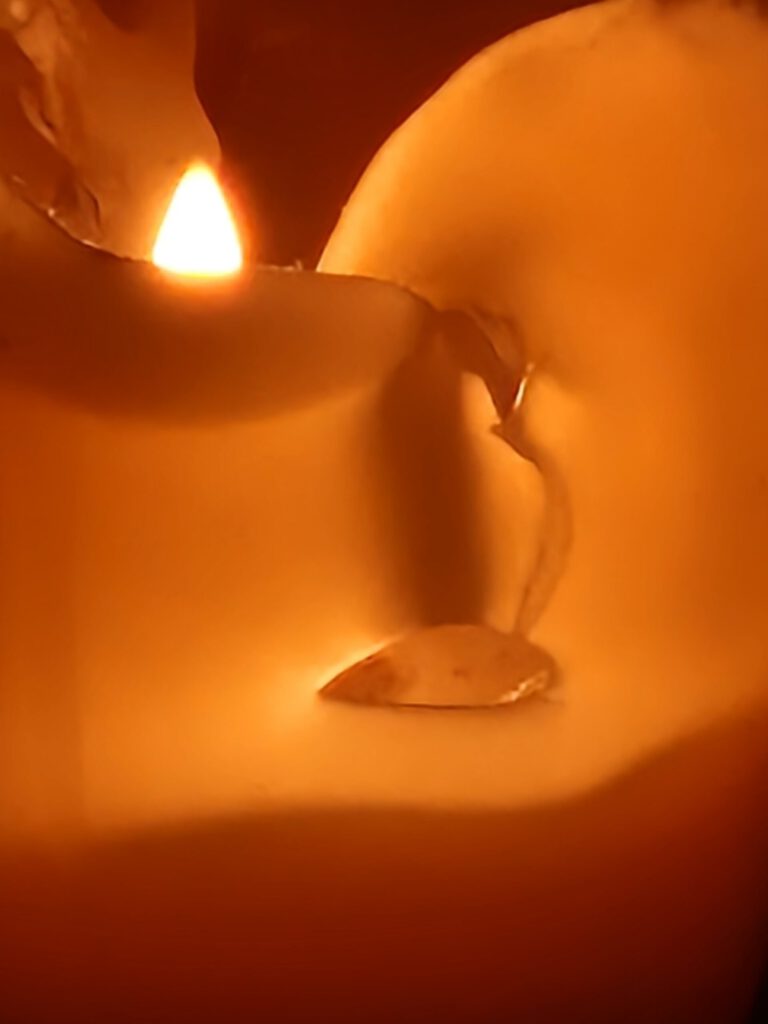
The only explanation I could find as to why this `unbearability of being´ had become my daily reality was that there must have been something inherently wrong with me. The only alternative explanation, — that my parents were so overwhelmed that they could not meet my basic emotional needs — would have been too much to endure for a child still dependent upon his parents. Add to these internal ruminations the messaging common in any group trying to function as best it can under severe pressure and it is no wonder that some of us arrive at the conclusion that we are useless, not good enough, that the world would be better off without us…
Response-Ability
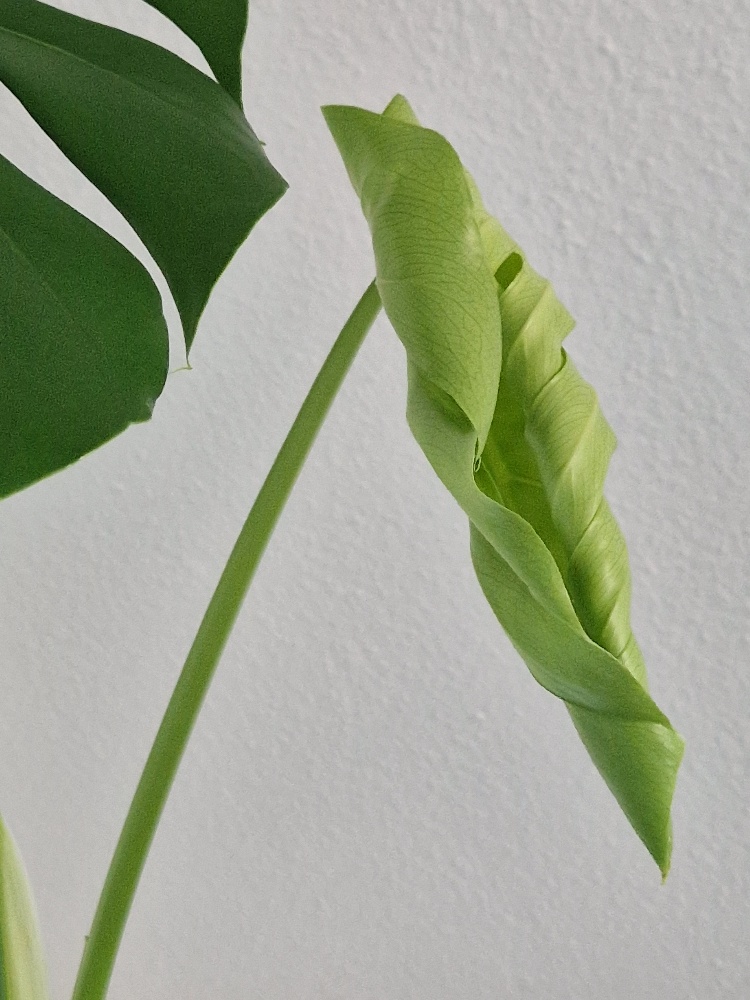
Our brain, therefore, if stuck in autopilot, will keep flooding us with emotions. Without the ability to pause and reflect before responding, we generally get caught up in the mental reactions or even reflexes of old, of which we are not aware. And we are generally not aware that we are not aware. Today’s world is in many ways an echo-chamber of the earliest circumstances of childhood. This impulsivity tends to get us into a lot of trouble, with ourselves and those around us, causing conflict, strife, even disease…
Shining Our Light
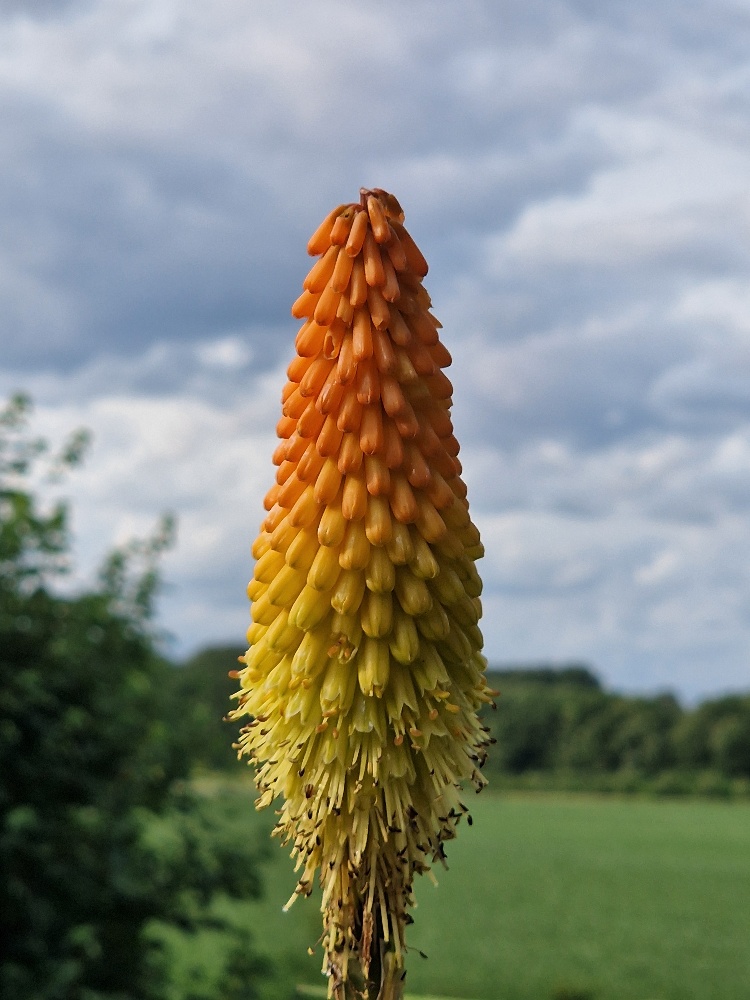
Any absence or lack of connectedness has more to do with the adult parents and caregivers than with the child herself. It is precisely because the caregivers are not emotionally and spiritually equipped to provide what the child needs, especially in the sense of being seen, and provided sufficient affection and safety to continue being her True Self, that she begins to experiment with ways of `earning´ or effectuating exactly that. We begin to develop a False Self to have our needs met. Rather than viewing this as a maladaptation, we can recognise in this the innate intelligence of evolution. Coping strategies secure our survival, after all…
Trauma-Informed
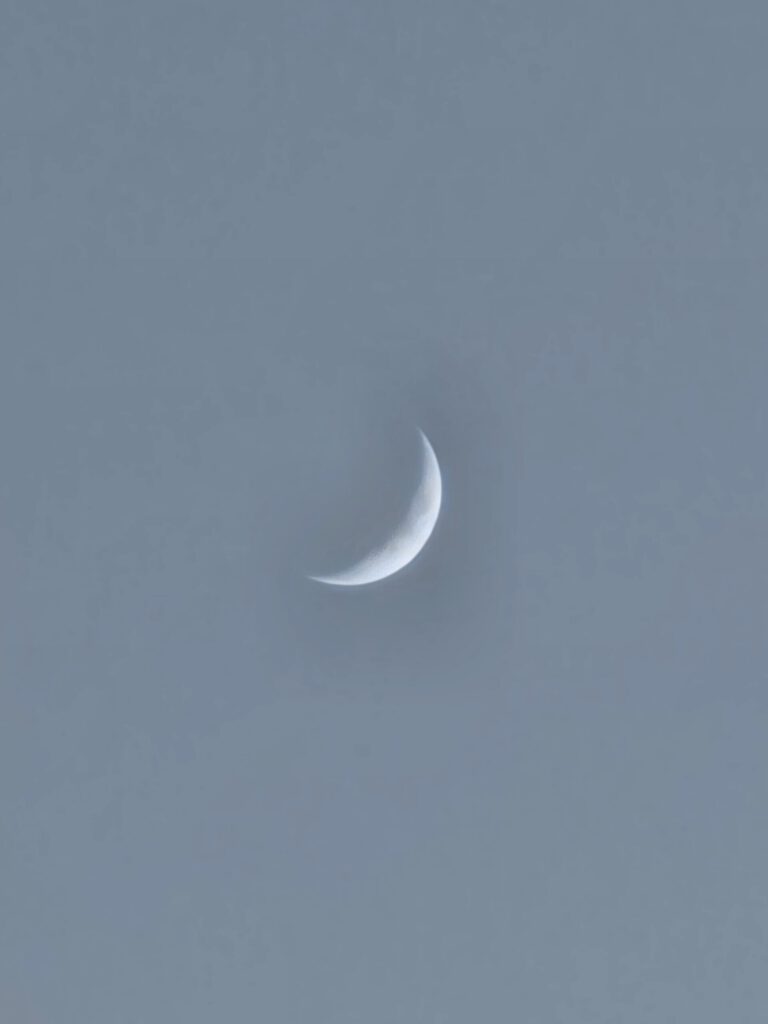
The survival strategies and coping mechanisms we develop in those earliest of years become etched on our neurobiology, especially our limbic system. The good news is that discoveries are being made right now, which help us rewire the brain and retrain the body such that we can heal from the wounds of the past. It is often a case of learning the three-step process of regulate, relate, and reason. An unregulated body cannot successfully engage in the subsequent steps. The inability to relate, both in inner discourse and with those around us, will keep us beyond the range of sound reasoning…
Self-compassion

In a process akin to peeling an onion, we work our way to the realisation that, while others may be the ones to activate feelings that challenge us as we make our way through the day, the source of our suffering is to be found not `out there´ but within us, namely in our emotional dependencies on people, places, and things to help us feel worthy and lovable. Suffering occurs when I take up a stance of resistance to the pain. Pain is inevitable, suffering is voluntary. If only this, or if only that, then I would feel OK. In Dr Berger’s words, Emotional Sobriety is a shift from `I’m OK if´, to `I’m OK even if…..´.
Ritual
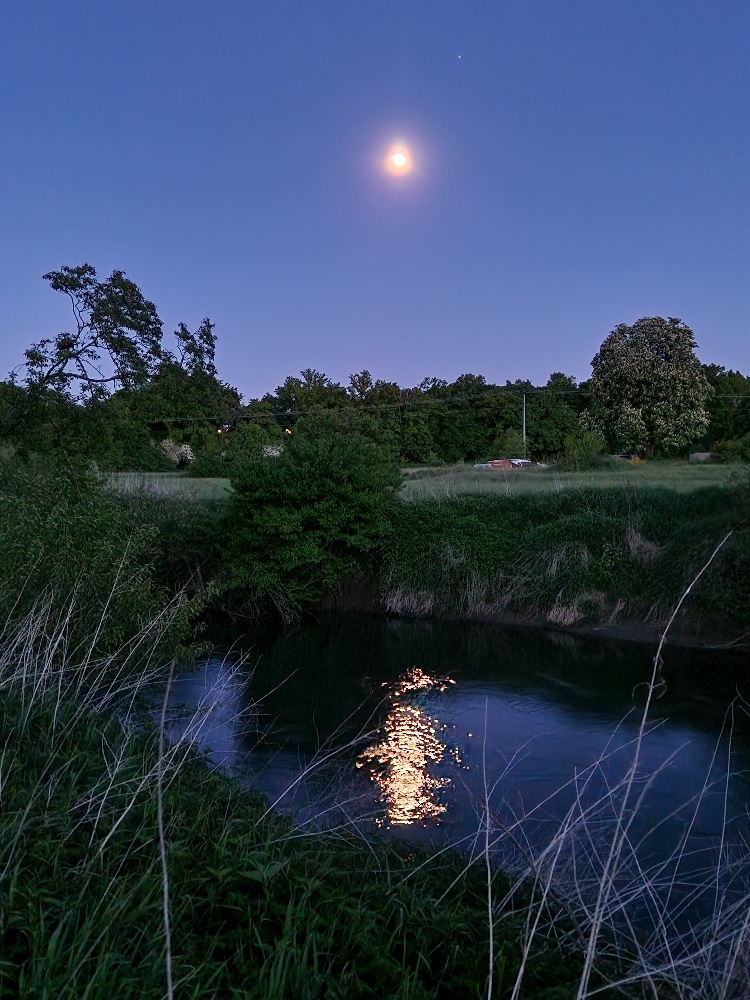
My daily walk along the Rhine is a blessing. On reaching the water, I pause to reset my compass for the day. Inspired by the wealth of ritual which has evolved over millennia among indigenous cultures in North America, known as the Medicine Wheel, it comprises greeting five elements: the Four Directions of the compass and the Vertical Axis. First, taking a few deep breaths and feeling into the soles of my feet, it involves facing east, bowing while silently reciting; `East – Air; every breath a new beginning…

